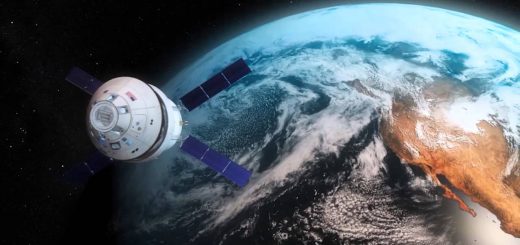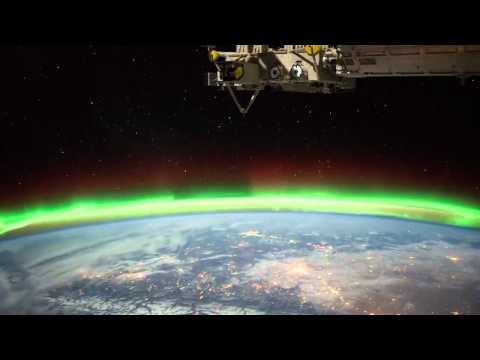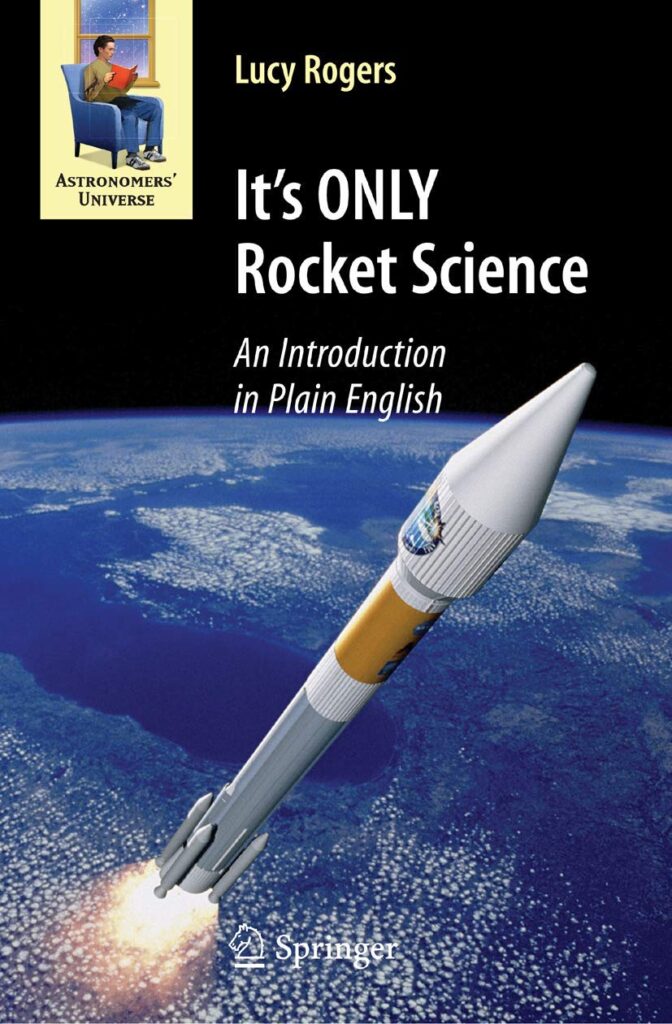New Horizons in Planetary Studies: What We’ve Learned and What’s Next
Over the past few decades, there have been significant advancements in planetary studies thanks to missions like NASA’s New Horizons spacecraft. Launched in 2006, New Horizons has revolutionized our understanding of the outer solar system by providing unprecedented close-up views of Pluto and its moons.
One of the most significant discoveries made by New Horizons was the realization that Pluto is a diverse and dynamic world. Before the mission, Pluto was thought to be a cold, dead planet on the fringes of the solar system. However, New Horizons revealed a surprisingly complex and active world, with towering mountains, vast plains of frozen nitrogen, and even evidence of a subsurface ocean.
But New Horizons didn’t stop at Pluto. After its historic flyby in 2015, the spacecraft continued on its journey to explore the distant Kuiper Belt, a region of icy bodies beyond Neptune. In 2019, New Horizons made another groundbreaking discovery when it flew by Arrokoth, a small, primitive object that has remained unchanged since the birth of the solar system. This encounter provided valuable insights into the formation and evolution of the early solar system.
Looking ahead, planetary scientists are excited about the future of planetary studies. With advancements in technology and funding for new missions, there are several exciting opportunities on the horizon. One such mission is the Europa Clipper, which will explore Jupiter’s moon Europa to search for signs of life in its subsurface ocean. Another mission, the Mars Sample Return, aims to collect samples from the surface of Mars and return them to Earth for analysis.
In addition to these upcoming missions, scientists are also looking forward to advancements in our understanding of exoplanets – planets outside our solar system. With the launch of new telescopes like the James Webb Space Telescope, researchers hope to discover and characterize potentially habitable exoplanets and search for signs of life beyond Earth.
Overall, the field of planetary studies is at an exciting juncture, with new discoveries and missions on the horizon. Thanks to missions like New Horizons, we have gained a deeper understanding of our own solar system and are poised to make groundbreaking discoveries in the years to come. As we continue to explore the mysteries of the cosmos, the future of planetary studies is brighter than ever.













